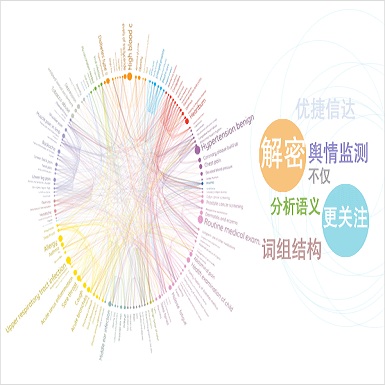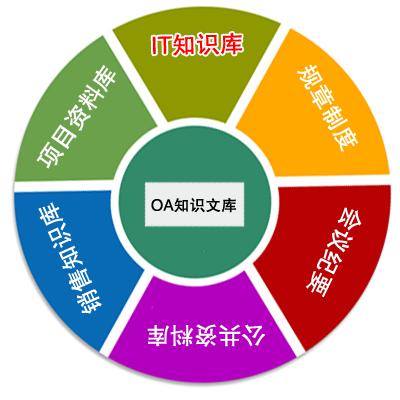Recent advances in deep learning have greatly propelled the research on semantic parsing. Improvement has since been made in many downstream tasks, including natural language interface to web APIs, text-to-SQL generation, among others. However, despite the close connection shared with these tasks, research on question answering over knowledge bases (KBQA) has comparatively been progressing slowly. We identify and attribute this to two unique challenges of KBQA, schema-level complexity and fact-level complexity. In this survey, we situate KBQA in the broader literature of semantic parsing and give a comprehensive account of how existing KBQA approaches attempt to address the unique challenges. Regardless of the unique challenges, we argue that we can still take much inspiration from the literature of semantic parsing, which has been overlooked by existing research on KBQA. Based on our discussion, we can better understand the bottleneck of current KBQA research and shed light on promising directions for KBQA to keep up with the literature of semantic parsing, particularly in the era of pre-trained language models.
翻译:最近深层次的学习进展大大推动了语义区分的研究。此后,在许多下游任务中,包括网络语言界面、文本到SQL的自然语言界面等,都取得了改进。然而,尽管与这些任务有着密切的联系,关于知识基础回答问题的研究相对而言进展缓慢。我们确定并将此归因于KBQA的两个独特的挑战,即结构层面的复杂程度和事实层面的复杂性。在这次调查中,我们把KBQA放在语义区分的更广泛文献中,并全面介绍了现有的KBQA如何试图应对独特的挑战。尽管存在独特的挑战,我们争辩说,我们仍然可以从语义区分的文献中汲取许多灵感,而目前关于KBQA的现有研究忽视了这种灵感。根据我们的讨论,我们可以更好地理解当前KBQA研究的瓶颈,并阐明KBQA的有希望的方向,以跟上语义区分的文献,特别是在培训前语言模型时代。





